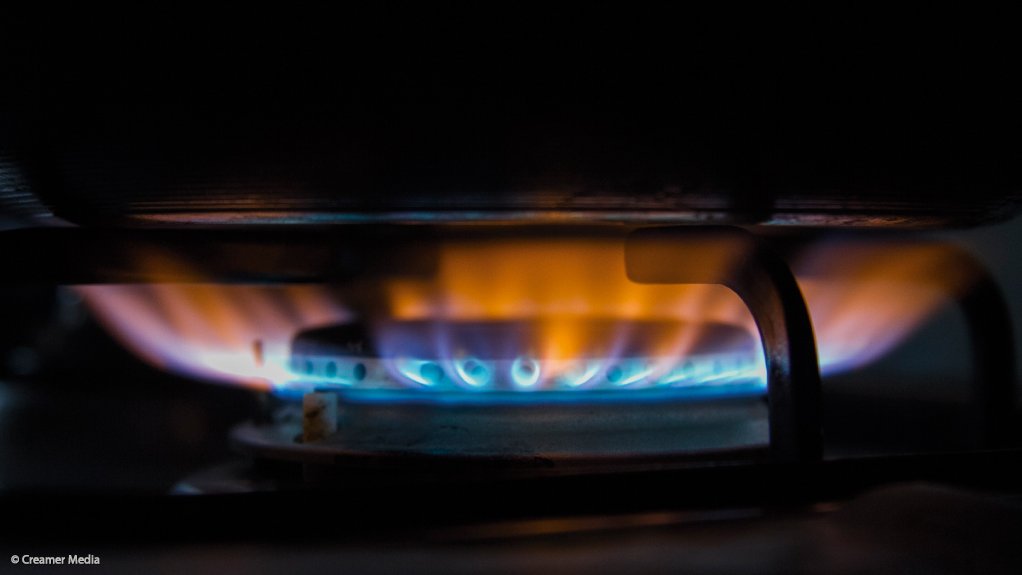/ MEDIA STATEMENT / The content on this page is not written by Polity.org.za, but is supplied by third parties. This content does not constitute news reporting by Polity.org.za.
Eskom is progressing well with the maintenance of its power generating plant whilst supplying the country’s electricity needs. No load shedding is anticipated today.
When the word nuclear is mentioned images of atom bombs, the Chernobyl disaster, flashing radiation warnings and mutants come to mind. However, some two thirds of the world’s population live in nations where nuclear power plants are an integral part of electricity production and industrial infrastructures. Around the world, scientists in more than 50 countries use nearly 300 research reactors to investigate nuclear technologies or to produce radioisotopes for medical diagnosis, cancer therapy, and x-rays for preserving fresh produce.
Nuclear energy currently provides approximately 11% of the world’s electricity and through Koeberg nuclear power station near Cape Town it powers most of the Western Cape and supplies approximately 4.4% of South Africa’s total electricity needs since 1984.
Most power stations use the same principles to generate electricity, i.e. by rotating a magnet inside a wire coil. The only difference is the source of energy used to rotate the shaft of the generator. In thermal power stations, it is the steam produced by heat generated either by burning a fossil fuel, through nuclear fission or through concentrating solar energy. The fuel used in a nuclear power station is uranium. Pure uranium is a silvery, shiny, hard, heavy metal. Uranium production in South Africa is a by-product of gold and copper mining. Nuclear energy comes from the process of splitting the nucleus of an atom of uranium-235 releasing energy in the form of heat and radiation. This process is known as nuclear fission.
Advantages of using nuclear as a source of energy are that nuclear power is safe and generating electricity from nuclear power does not lead to carbon dioxide emissions and other greenhouse gases that can damage the environment. In addition, the process produces small volumes of waste to dispose of.
Some people object to nuclear power stations because of a fear of radiation. Others think that a nuclear power station would explode like a nuclear bomb. However, due to the very low content of fissionable material in the fuel, a nuclear explosion is impossible. South Africa is well-equipped to have nuclear power stations and has a nuclear safety culture, with Koeberg having operated safely for over 32 years.
We will continue to provide regular updates on the state of the power system through various media platforms.
Issued by Eskom
EMAIL THIS ARTICLE SAVE THIS ARTICLE
To subscribe email subscriptions@creamermedia.co.za or click here
To advertise email advertising@creamermedia.co.za or click here











